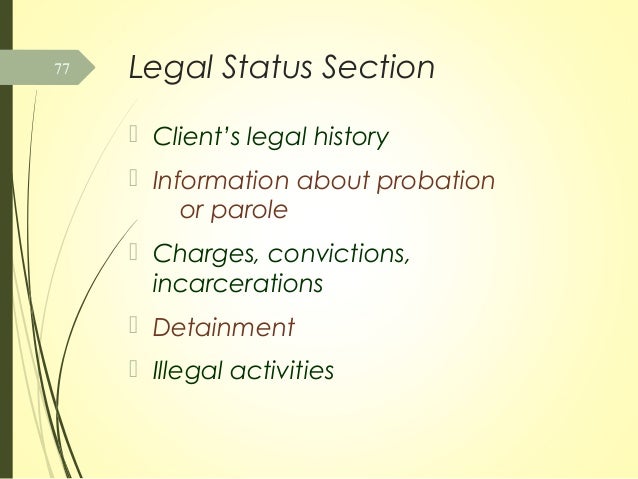In general, these children are at higher danger for having emotional problems than children whose parents are not alcoholics.
The Path to Addiction: Stages of Alcohol addiction in family groups, and children of alcoholics are 4 times more likely than other children to emerge as alcoholics themselves. Compounding the mental effect of being raised by a parent who is struggling with alcoholism is the fact that many children of alcoholics have normally experienced some kind of neglect or abuse.
A child being raised by a parent or caretaker who is suffering from alcohol abuse might have a variety of disturbing emotions that need to be resolved in order to avoid future issues. Due to the fact that they can not go to their own parents for support, they are in a challenging situation.
rasputin
Some of the sensations can include the list below:
Sense of guilt. The child may see himself or herself as the primary cause of the mother's or father's drinking.
Anxiety.
Observations On Drinking Alcohol As A Social Lubricant might fret continuously regarding the circumstance in the home.
One in five adult Americans have lived with an alcoholic family member while growing up. or he might fear the alcoholic parent will emerge as injured or sick, and might likewise fear confrontations and violence between the parents.
Shame.
One in five adult Americans have cohabitated with an alcoholic relative while growing up. may provide the child the message that there is a horrible secret at home. The embarrassed child does not ask buddies home and is afraid to ask anyone for assistance.
Inability to have close relationships. He or she typically does not trust others since the child has normally been dissatisfied by the drinking parent so many times.
Confusion.
One in five adult Americans have normally resided with an alcoholic relative while growing up. can transform unexpectedly from being caring to mad, regardless of the child's conduct. A regular daily schedule, which is very important for a child, does not exist due to the fact that mealtimes and bedtimes are continuously changing.
Anger. The child feels resentment at the alcoholic parent for drinking, and might be angry at the non-alcoholic parent for lack of moral support and proper protection.
Depression or Hopelessness. The child feels powerless and lonely to change the circumstance.
Although the child tries to keep the alcoholism private, educators, family members, other adults, or buddies might suspect that something is not right. Educators and caretakers need to understand that the following conducts might signify a drinking or other issue in the home:
Failure in school; truancy
Lack of friends; withdrawal from friends
Offending actions, like thieving or physical violence
Frequent physical issues, like headaches or stomachaches
Abuse of drugs or alcohol; or
Hostility towards other children
Danger taking behaviors
Anxiety or self-destructive thoughts or behavior
Some children of alcoholics may cope by playing responsible "parents" within the family and among buddies. They may become controlled, prospering "overachievers" all through school, and at the same time be mentally separated from other children and educators. Their psychological issues may show only when they develop into adults.
Binge Drinking, What is it? is necessary for instructors, relatives and caretakers to realize that whether or not the parents are getting treatment for alcohol addiction, these children and adolescents can gain from educational solutions and mutual-help groups such as programs for children of alcoholics, Al-Anon, and Alateen. Early professional aid is likewise vital in preventing more significant problems for the child, including reducing danger for future
alcohol dependence . Child and teen psychiatrists can diagnose and remedy issues in children of alcoholics. They can also help the child to understand they are not responsible for the alcohol abuse of their parents and that the child can be helped even if the parent is in denial and refusing to look for help.
rasputin

The treatment solution may include group therapy with other children, which lowers the withdrawal of being a child of an alcoholic.
2O Healthy Reasons To Stop Drinking Now and adolescent psychiatrist will typically deal with the whole household, particularly when the alcohol dependent father and/or mother has halted drinking alcohol, to help them develop improved ways of connecting to one another.
Generally, these children are at higher risk for having psychological issues than children whose parents are not alcoholics. Alcohol dependence runs in families, and children of alcoholics are four times more likely than other children to emerge as alcoholics themselves. It is vital for educators, caretakers and family members to understand that whether or not the parents are getting treatment for
alcohol addiction , these children and adolescents can benefit from mutual-help groups and academic solutions such as solutions for Children of Alcoholics, Al-Anon, and Alateen. Child and teen psychiatrists can detect and treat problems in children of alcoholics. They can likewise help the child to understand they are not responsible for the drinking problems of their parents and that the child can be helped even if the parent is in denial and declining to look for help.
UNDER MAINTENANCE

